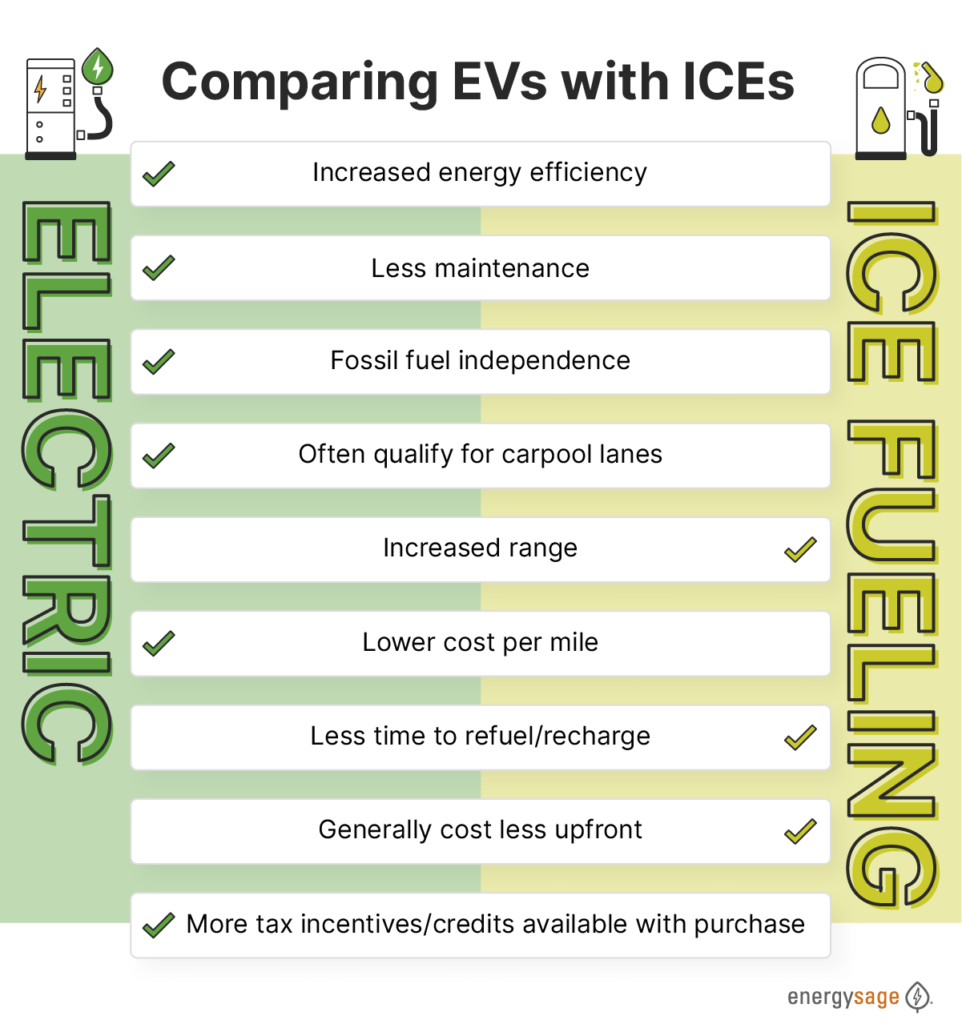How many panels do you need for your EV?
- Oct 3, 2022
- 3 min read
One of the primary benefits of purchasing an electric vehicle is that it allows you to transition from paying for gasoline to lower-cost electricity. But why not take that one step further and power your car with clean, solar power you produce on your own property? Here’s a quick breakdown to help determine how many solar panels you need to power your electric vehicle (EV) with solar.
How much electricity do leading EVs require per charge?
There are a couple of different ways to think about the electricity that an EV requires. The first is to consider the charge required per miles driven, typically expressed in kilowatt-hours per 100 miles driven (kWh/100 mi). The other way to think about the electricity required to run an EV is to consider the electricity required to fully charge the car. This metric is closer to how we currently think about how much it costs to fill up a tank of gas on internal combustion engine cars. CompanyModelBattery size (kWh)Range (miles) TeslaModel S100370 Audie-tron95204 HyundaiKona64258 KiaSoul EV64243 ChevyBolt EV60238 BMWi342153 NissanLEAF40150 Volkswagone-Golf36125 HondaClarity2689
The electricity required to “fill the tank” for an EV is equivalent to the size of the battery. Generally speaking, electric vehicle batteries can store between 25 and 100 kWh, with that variation mainly driven by the range that a certain car can cover on a single charge. For a sense of scale, home energy storage systems, such as the LG Chem RESU 10H and the Tesla Powerwall 2, often store around 10 to 15 kWh of electricity.
How much electricity will an EV use per year?
How much electricity an EV consumes per day, month or year depends primarily upon how far you drive. If you live in an urban area and own a car but drive it infrequently, the electricity required to power your EV will be relatively small over the course of the year. On the other hand, if you live in a suburban or rural area and commute in your car every day, then the electricity required to power your car could represent a sizeable portion of your annual electricity usage.
According to the Federal Highway Administration, the average American travels nearly 13,500 vehicle miles per year. At that level of driving, most EVs will require around 4,000 kWh of electricity per year to operate. CompanyModelkWh/100 miAnnual electricity usage (kWh) TeslaModel S273,600 Audie-tron476,300 HyundaiKona253,300 KiaSoul EV263,600 ChevyBolt EV253,400 BMWi3283,700 NissanLEAF273,600 Volkswagone-Golf293,900 HondaClarity293,900
How many solar panels do you need for your EV?
To calculate the number of solar panels required to power your EV, you’ll need to know three key data points: 1) how much electricity your car will use annually, 2) the wattage of the solar panels you are planning to install, and 3) how well solar panels produce electricity where you live.
As outlined above, for an average American driver, a typical EV will require about 4,000 kWh of electricity per year. According to the most recent EnergySage Solar Marketplace Intel report, the most frequently offered solar panels on EnergySage are in the 320 to 330 Watt range. Finally, the production from your solar panels will vary from region to region, with each panel producing more electricity in sunnier climates–such as the Southwest–than they will in the Northeast.
Pulling all of these data points together creates a range of solar panels required to power different types of EVs each year in different regions. Depending upon where you live, charging an electric vehicle typically requires 7 or 9 solar panels. CompanyModelNo. of panels required: NortheastNo. of panels required: Southwest TeslaModel S86 Audie-tron1511 HyundaiKona86 KiaSoul EV86 ChevyBolt EV86 BMWi396 NissanLEAF86 Volkswagone-Golf97 HondaClarity97
Again, it’s worth noting that these calculations are based heavily upon the assumption that you drive the same amount per year as the average American driver. If, however, you drive less than 1,000 miles per month, then you would need fewer panels to power your EV.
Install an EV charger at home at home with Qmerit
EnergySage partners with Qmerit, a home EV charging installation leader who works with a trusted network of certified installers. They can help you quickly and easily install your home EV charger.
Want to power your EV with solar?
If you are purchasing an electric vehicle, why not power it with the sun? When you register for a free account on the EnergySage Marketplace, you can indicate that you would like to power an EV with solar panels, and our network of local, pre-screened solar companies will help design a custom system for you that meets your specific needs.



Comments